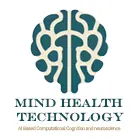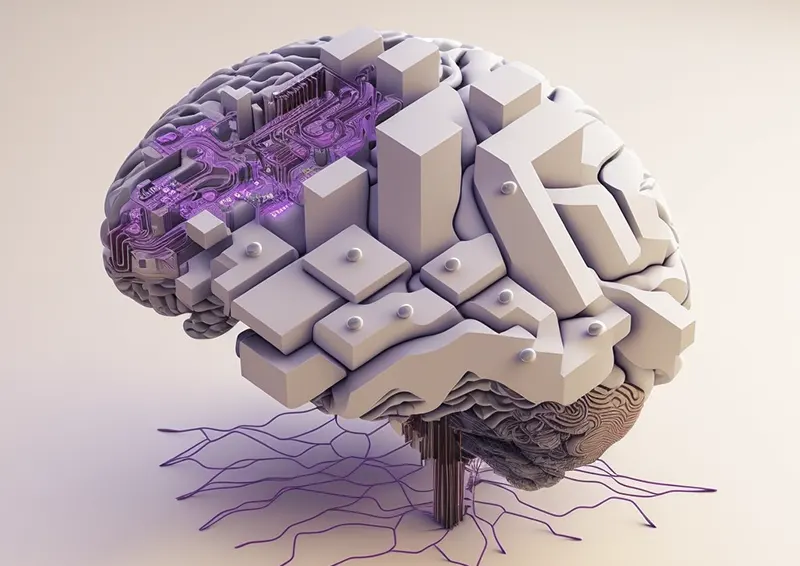Artificial intelligence (AI) is transforming the field of cognitive science, enabling researchers to gain new insights into brain function and develop new tools for diagnosis and treatment. By leveraging the power of AI to analyze brain imaging data and develop personalized treatment plans, researchers are on the forefront of developing new approaches to understanding and treating neurological and psychiatric disorders.
In recent years, artificial intelligence (AI) has become a buzzword, with numerous sectors investigating its possible applications. Cognitive science is one field where AI is gaining traction. The interdisciplinary study of how the brain functions, including perception, memory, attention, language, and problem-solving, is known as cognitive science . Cognitive scientists want to acquire new insights into how the brain functions by utilizing the capabilities of AI, as well as build new tools for the diagnosis and treatment of neurological and psychiatric problems.
One important application of AI in cognitive research is brain imaging. Functional magnetic resonance imaging (fMRI) and electroencephalography (EEG) are two decades-old brain imaging techniques. Unfortunately, these techniques can generate massive amounts of data, which can be time-consuming and require specialist knowledge to analyze. AI can assist researchers in more efficiently analyzing this data by automating the process of recognizing patterns in the data and making predictions about brain activity.
Researchers at Carnegie Mellon University, for example, are using AI to analyze fMRI data to anticipate what people are thinking about. The researchers were able to identify which photos people were looking at by examining patterns of brain activity, even though the images were not revealed to the participants at the time of the scan. This type of research has the potential to transform our understanding of how the brain functions and could lead to new treatments for a variety of neurological and psychiatric illnesses.
Another application of AI in cognitive science is the creation of new diagnostic tools. Researchers at the University of California, San Francisco, for example, are employing AI to evaluate speech patterns in Parkinson's disease patients. The researchers were able to design an algorithm that can effectively identify persons with Parkinson's disease by studying the acoustic aspects of speech. This type of research could lead to faster and more accurate diagnostic tools than present methods.
Artificial intelligence is also being used to create innovative treatments for neurological and mental illnesses. Researchers at the University of California, Los Angeles, for example, are utilizing AI to find new treatments for depression. The researchers were able to identify a specific neural network that is disturbed in persons with depression by studying patterns of brain activity. With this knowledge, they were able to create a medication that targets this network, resulting in considerable mood changes.
AI has the potential to transform cognitive research by introducing new methods for brain imaging, diagnosis, and treatment. Researchers can acquire new insights into how the brain operates and develop novel treatments for a variety of neurological and psychiatric problems by automating the process of processing massive volumes of data. As AI technology advances, we can anticipate even more fascinating advancements in the field of cognitive science in the next few years.
There are some examples of how AI is being used in cognitive science:
- Forecasting Alzheimer's illness: McGill University researchers employed artificial intelligence to examine fMRI brain scans from persons with and without Alzheimer's disease . Based on patterns of brain activity, the AI was able to determine which subjects had Alzheimer's disease with 84% accuracy.
- Identifying depression: MIT researchers employed machine learning algorithms to evaluate speech patterns in depressed persons. Based on speech characteristics, the computer was able to detect persons with depression with 77% accuracy.
- Enhancing Parkinson's disease treatment: University of California, San Francisco researchers created an AI algorithm that can properly forecast the progression of Parkinson's disease in individual patients. Doctors can build more effective treatment strategies that are targeted to the specific patient by forecasting how the disease will advance.
- Understanding neural activity: University of California, Berkeley researchers employed AI to evaluate neural activity in the brain of a zebrafish. The AI was able to identify the particular neurons that controlled the fish's movement, which could have ramifications for designing novel paralysis therapies.
- Enhancing learning outcomes: Carnegie Mellon University researchers created an AI-powered tutoring system that can adjust to specific student needs. The technology can identify areas where the student needs additional help and give tailored training by studying trends of student performance.
These are just a few instances of how artificial intelligence is being applied in cognitive science . As technology advances, we may anticipate even more fascinating breakthroughs in this field.

